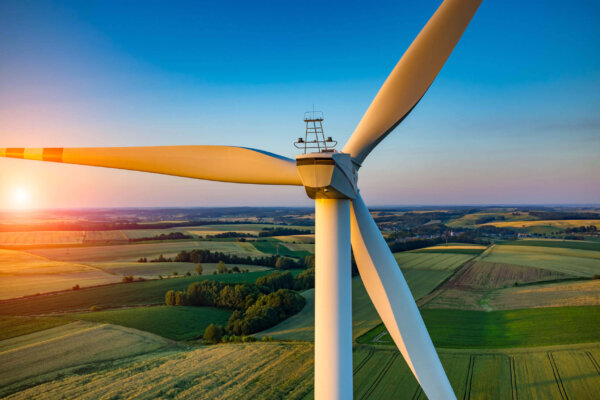For many years, the energy transition and the idea of a net zero world has felt like something for the future. Obstacles such as poor availability, uncertain cost effectiveness and a lack of widespread knowledge or proven case studies have prevented businesses from embracing key energy transition-enabling technologies and taking action. Now, as these technologies become increasingly affordable and familiar, businesses are in the perfect position to act.
In this blog, we look at four technologies that will be key in the net zero energy transition and what they could mean for your business’s sustainable energy journey.


